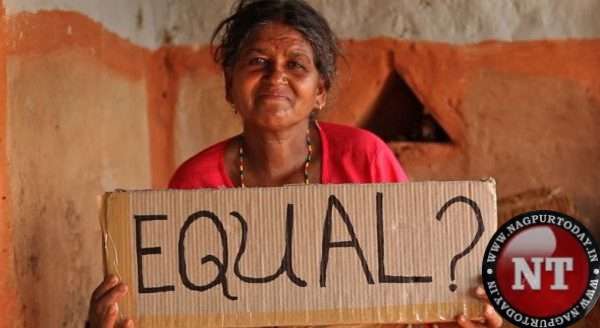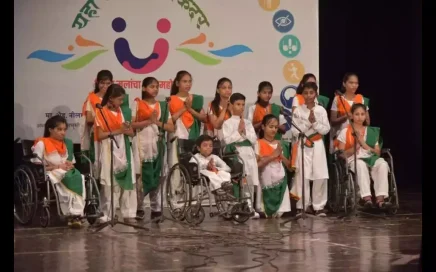
Nagpur: Political landscape in Nagpur has historically been discouraging for female candidates, with only four women emerging victorious across 13 Assembly elections held over the past 62 years. Despite a notable increase in the number of female voters in Nagpur’s urban areas in recent years, the representation of women in elections remains disproportionately low. This gender disparity underscores a larger issue within the political structure, where the number of women both contesting and winning seats in the Assembly is markedly limited.
Since the first Maharashtra Assembly election in 1962, only 82 out of 1,854 candidates contesting for seats in Nagpur district have been women — a mere 4%. This statistic, highlighted by the Election Commission of India (ECI), underscores the barriers female candidates face in Nagpur. While various government initiatives have sought to encourage higher voter turnout, particularly among women, the lack of female candidates reflects the systemic underrepresentation of women in Nagpur’s political sphere.
In the 1962 election, Sushilabai Balraj made history as the first woman to win an Assembly seat in Nagpur on a Congress ticket, later securing re-election in 1967 from the Nagpur West constituency. However, this breakthrough was followed by nearly 20 years without a single female MLA from the district. It wasn’t until 1985 that Damuntibai Deshbhratar, also from Congress, won from the North Nagpur seat. This sparse representation continued, with another 15-year gap until Sulekha Kumbhare of the Republican Party of India (RPI) won from Kamptee.
Many political leaders and parties acknowledge the importance of female representation in Nagpur’s Assembly but continue to overlook women when distributing party tickets. Political parties often capitalize on female voters, who make up roughly half of the electorate, to secure votes but fail to prioritize female candidates when nominating candidates for elections. A female ticket aspirant remarked, “Women leaders actively participate in state politics, but party tickets often go to male candidates. This leaves us with limited opportunities.”
Despite recurring discussions about the lack of female representation in elections, change remains elusive. Notably, only two Muslim women have contested for Assembly seats in Nagpur district in the past six decades, highlighting the barriers for minority women in politics as well.
With nomination filing for the upcoming election underway, political analysts emphasize the importance of observing how many women are granted tickets this time around. In the last election, no female candidates were nominated by major parties in Nagpur district. This upcoming election serves as a critical moment, not only to address the existing gender gap but also to recognize the growing presence of female voters in Nagpur who seek representation reflective of their demographic strength.















